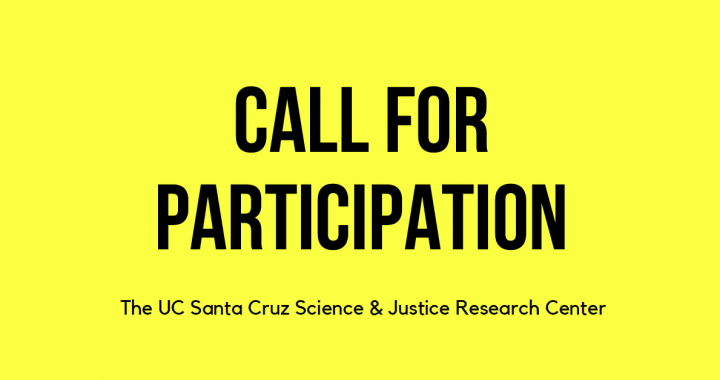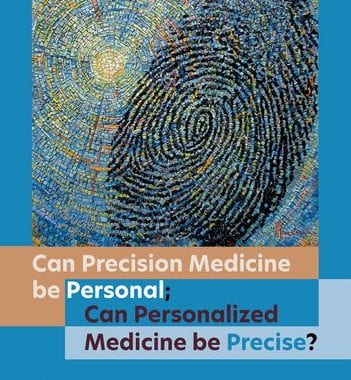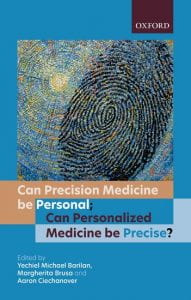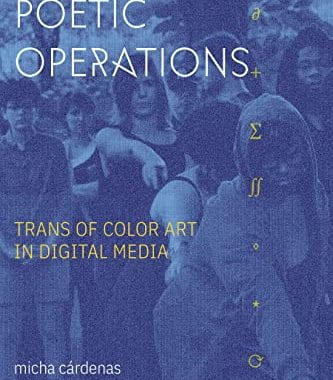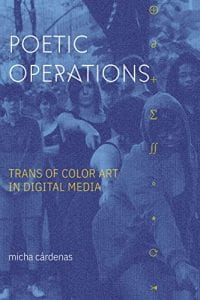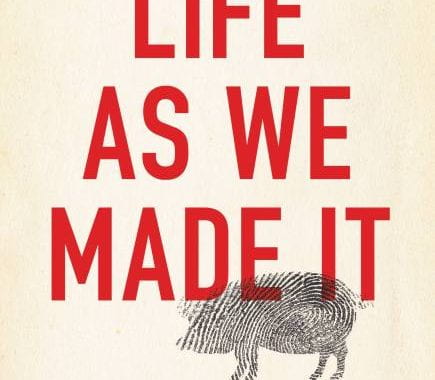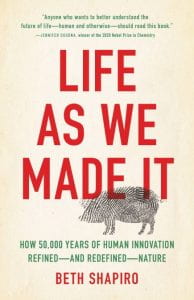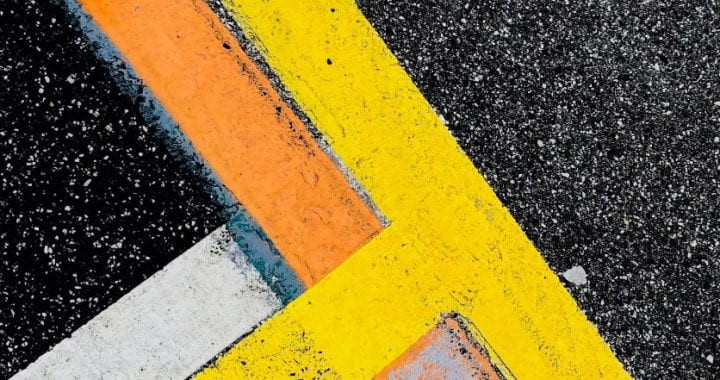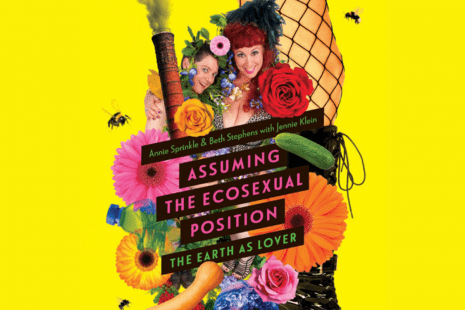The Science & Justice Research Center and the Sociology Department are now accepting applications for a:
Summer Undergraduate Research Fellow
This position and the research conducted is supported by a Faculty Research Grant provided by the Committee on Research from the University of California, Santa Cruz awarded to Principal Investigator James Doucet-Battle (Assistant Professor of Sociology) under the project titled, “Building Diversity in Sociology and Science and Technology Studies”. The opportunity was established to support summer research conducted by a UCSC Sociology Undergraduate Student.
In consultation with Colleen Stone at the Science & Justice Research Center (SJRC) and the PI (Doucet-Battle), one undergraduate student researcher enrolled in the UCSC Department of Sociology will be awarded $2000 to develop and implement the proposed research project.
The researcher will: 1) assist developing and conducting a local study that compiles campus literature, conduct interviews and collect updates from relevant parties and those leading campus efforts, and helps identify novel mechanisms for strengthening diversity in Sociology and STS in our department, 2) assist with organizing a one day workshop to brainstorm/develop a 1-year action plan to implement at UCSC. Responsibilities may also include: assisting with organizing, planning, and co-facilitating groups and assist with documentation, reviewing research relevant to proposed themes and areas of inquiry, preparing for and conducting interviews, transcription and data analysis, creating outreach materials and reports based on findings or events including infographics, charts, and diagrams, developing and contributing to available communication channels (ie: blog posts, news articles) for sharing research findings.
More information about the “Building Diversity in Sociology and Science and Technology Studies” project can be found in the plan narrative for the UC-HBCU small grant initiative submitted in 2022 (pending award).
The Student Must:
- Be currently enrolled as an undergraduate student at UC Santa Cruz and declared as a Sociology major (all Sociology majors may apply; enrollment during summer is not required).
- Be interested in strengthening diversity and participation in sociology, science and justice, and science and technology studies.
The Ideal Candidate:
- Will be interested in continuing the project beyond Summer 2022 and through the 2022-2023 academic year.
- Will be interested in using this research as part of a senior thesis which could be overseen by Doucet-Battle.
- Will meet the eligibility requirements for the UC Santa Cruz Building Belonging Program.
The Student Will:
- Be awarded $2000 [$1000 distributed at the beginning of summer and $1000 upon submitting an end-of-summer report. Equals a 25% effort (10 hrs/week) from July 1 – Sept 30 at $15 per hour].
- Be offered a summer fellowship with the SJRC and listed on the Project’s webpage.
- Adhere to IRB standards for working with human research subjects, if applicable.
- Work closely with a team to develop clear goals, research methods, and intended outcomes with an outline of items to be completed over Summer 2022.
- Submit an end-of-summer report of project status and/or research findings with suggestions for next steps.
To Apply:
By Monday, May 23 at 12 Noon, email (scijust@ucsc.edu) expressing interest, letting us know and sending the following:
- Your name, major, academic faculty advisor(s).
- Your resume/CV.
- Why you are interested in the project and how your learning/research/career goals would benefit from the fellowship.
- Your experiences with the project topic, if any.
- Any ideas briefly describing potential research to be developed or completed over Summer 2022.

